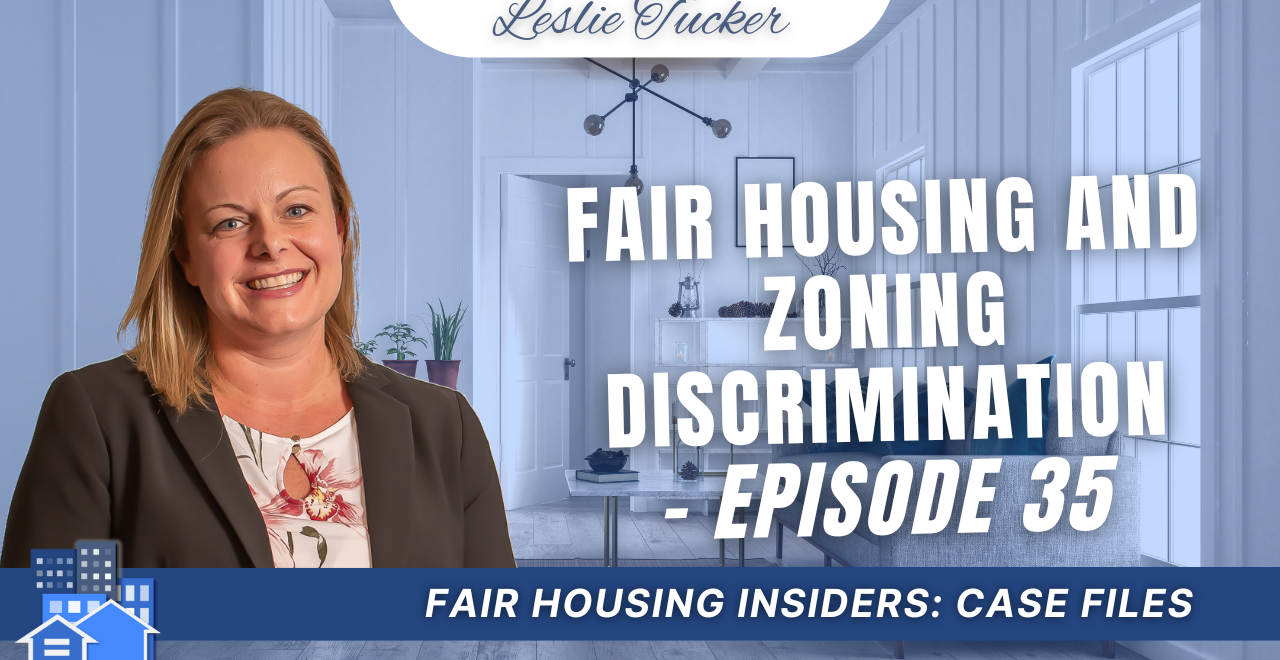The case of Lawrence County Recovery vs. Village of Coal Grove highlights the significance of fair housing compliance, particularly regarding protected groups and zoning ordinances that may disproportionately impact individuals in recovery.
A Glance At the Case
Lawrence County Recovery (LCR) operates small independent living homes in Ohio for individuals recovering from substance use disorders. These homes provide a structured environment where residents undergo random drug and alcohol testing to support their recovery. The issue in this case arose when the Village of Coal Grove enacted zoning ordinances that imposed additional restrictions on these homes—requirements not applied to other residential properties.
These ordinances included licensing requirements, frequent inspections, and limitations on the number of unrelated persons who could reside together. The timing of these ordinances, combined with disparaging statements from local officials, raised concerns about discriminatory intent. The key legal question was whether individuals in recovery are considered disabled under the Fair Housing Act (FHA) and whether these zoning laws unlawfully restrict their housing opportunities.
What Are the Legal Considerations?
One of the primary legal issues in this case revolves around defining disability under the Fair Housing Act. The FHA protects individuals with disabilities but explicitly excludes those actively using illegal substances. The plaintiffs argued that individuals in recovery should be classified as disabled because their condition substantially limits major life activities. Courts have previously ruled in favor of this interpretation, reinforcing that individuals in recovery can qualify as disabled.
Another legal question is whether the Fair Housing Act applies to local governments. While municipalities are not traditional housing providers, zoning and land use policies that restrict housing access for protected groups can still violate the FHA. Legal precedent supports the idea that local ordinances that hinder protected individuals from securing housing are subject to fair housing scrutiny. So are the city ordinances discriminatory?
The court examined whether these zoning changes disproportionately affected individuals in recovery. The plaintiff’s argument was supported by evidence showing that the restrictions directly led to the closure of recovery homes, despite ongoing demand. Additionally, negative statements from local officials contributed to concerns that these laws were enacted with discriminatory intent.
The Role of Industry-Appropriate Language in Fair Housing Compliance
This case serves as a reminder that housing-related decisions at all levels—whether by government entities, property management professionals, or landlords—must align with fair housing principles. Even well-intended policies can result in unintended discriminatory effects if they disproportionately impact protected groups.
For property management professionals, this case highlights the importance of recognizing when substance use disorders qualify as disabilities under fair housing laws. It also underscores the necessity of ensuring that policies or practices do not inadvertently restrict access to housing for protected individuals. Local zoning laws and other regulatory measures must comply with fair housing standards, reinforcing the broader responsibility of ensuring equal housing opportunities.
You Might Also Like:
- Update on the Accessible Parking Case You’ve Been Following – Episode 49
- When Eviction Becomes Retaliation – Episode 48
- Case Files: The Price of Parking Discrimination – Episode 47
- Case Files: ESA Denied After Online Provider Verification—What Went Wrong? – Episode 46
- Case Files: When Mold, Disability, and Retaliation Collide – Episode 45

